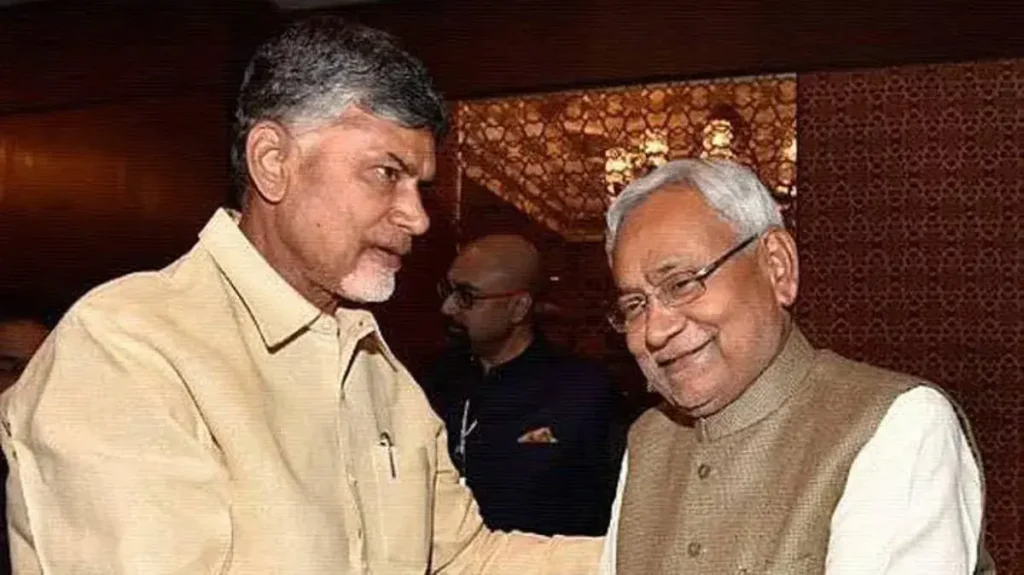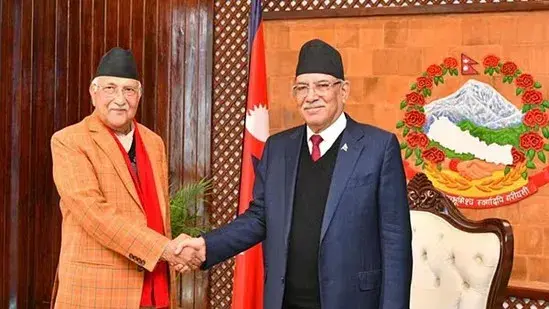Congress Reaches Out to Naidu, Nitish as NDA Attempts to Form Alliance Government
In a strategic move to counter the Bharatiya Janata Party (BJP) from forming a coalition government, the Congress party has reached out to Telugu Desam Party (TDP) chief Chandrababu Naidu and Janata Dal United (JDU) chief Nitish Kumar. Sources indicate that the outreach has been conducted through multiple channels, including Telangana Chief Minister Revanth Reddy, a former TDP member. While immediate action from the TDP or JDU is not anticipated, Congress views maintaining communication lines as crucial, given the potential for these NDA allies to reconsider their positions in the coming months. A Congress leader mentioned that if a move happens, Nitish and Naidu would likely act together as a ‘package’ within a few months. This development comes as the BJP, under Prime Minister Narendra Modi’s leadership, faces an unexpected challenge. With the BJP securing 240 seats, significantly short of their anticipated 400, Modi now navigates the complex path of coalition politics for the first time in his 23-year political career. Political analysts question Modi’s ability to manage allies like Nitish and Naidu, both of whom have previously exited the BJP-led National Democratic Alliance (NDA). Sources suggest that Naidu may leverage this opportunity to demand a special financial package for Andhra Pradesh. Meanwhile, the INDIA bloc, a coalition of opposition parties led by Congress, plans to engage with Nitish and Naidu either immediately or within the next six months, potentially leading to a significant political shift. Modi’s post-election speech highlighted the BJP’s historic win in Odisha and notable gains in Telangana. The NDA also made inroads into Andhra Pradesh with the help of its allies TDP and Jana Sena. The BJP celebrated opening its account in Kerala for the first time with actor-turned-politician Suresh Gopi’s win in Thrissur. However, setbacks in key states like Uttar Pradesh, West Bengal, and Rajasthan loom large. In Uttar Pradesh, the BJP’s dominance waned as the Samajwadi Party claimed 37 out of 80 seats, a stark contrast to the BJP’s previous tally. West Bengal also delivered a blow, with the Trinamool Congress retaining 29 out of 42 seats, reducing BJP’s count to 12 from 18. Similarly, in Rajasthan and Karnataka, Congress made significant inroads, capturing several seats from the BJP.
Congress Reaches Out to Naidu, Nitish as NDA Attempts to Form Alliance Government Read More »


